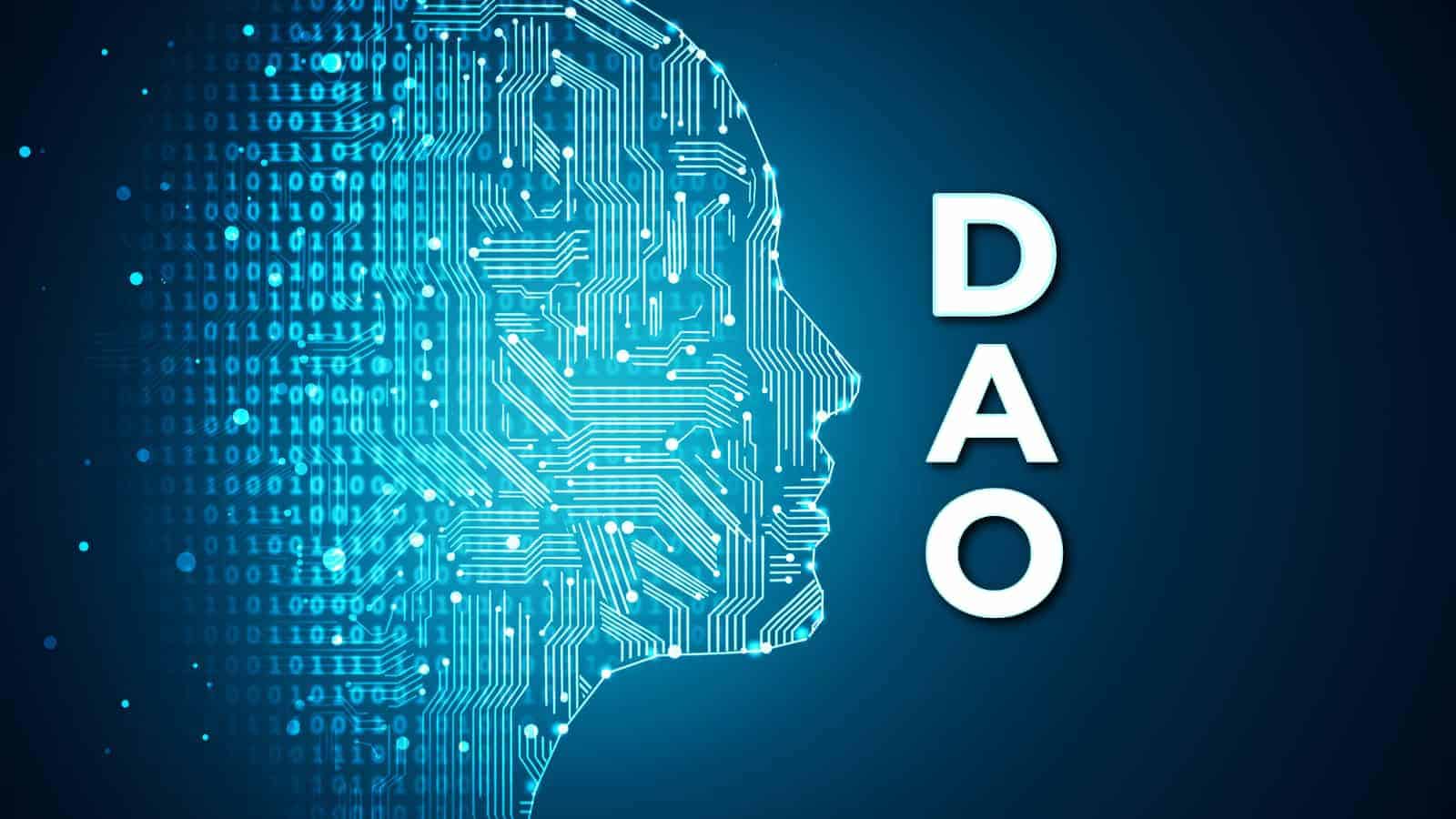DAOs: The Evolution of Governance in the Digital Age
Decentralized Autonomous Organizations (DAOs)
The Evolution of Governance in the
Digital Age
 Decentralized Autonomous Organizations (DAOs) have emerged as a revolutionary concept in the realm of blockchain technology, offering a new paradigm for governance and decision-making. By leveraging smart contracts and decentralized consensus mechanisms, DAOs enable participants to collectively manage resources, make decisions, and govern themselves in a transparent, trustless, and decentralized manner. In this article, we'll explore the rise of DAOs, their use cases across different sectors, the challenges they face, and their potential to reshape governance structures in the digital age.
Decentralized Autonomous Organizations (DAOs) have emerged as a revolutionary concept in the realm of blockchain technology, offering a new paradigm for governance and decision-making. By leveraging smart contracts and decentralized consensus mechanisms, DAOs enable participants to collectively manage resources, make decisions, and govern themselves in a transparent, trustless, and decentralized manner. In this article, we'll explore the rise of DAOs, their use cases across different sectors, the challenges they face, and their potential to reshape governance structures in the digital age.
Understanding Decentralized Autonomous Organizations (DAOs)
At their core, DAOs are self-governing entities that operate autonomously and are governed by code rather than traditional hierarchical structures. DAOs are typically built on blockchain platforms, such as Ethereum, and are powered by smart contracts that encode the rules and governance mechanisms of the organization. Participants in a DAO can propose, vote on, and execute actions, such as allocating funds, making investment decisions, or implementing changes to the organization's protocol, without the need for centralized intermediaries or decision-makers.
Use Cases of DAOs
DAOs have a wide range of use cases across various sectors, including:
- Decentralized Finance (DeFi): In the realm of decentralized finance, DAOs play a crucial role in managing decentralized autonomous liquidity pools, decentralized exchanges (DEXs), lending protocols, and other financial services. DAOs enable participants to collectively govern DeFi platforms, decide on protocol upgrades, and allocate funds to support ecosystem development.
- Governance and Decision-Making: DAOs are increasingly being used to govern decentralized communities, social platforms, and digital organizations. Through DAOs, participants can collectively make decisions about community rules, content moderation, and platform governance, fostering transparency, inclusivity, and community ownership.
- Tokenized Assets and Ownership: DAOs enable the creation and management of tokenized assets, such as digital collectibles, real estate, and intellectual property rights. Participants in a DAO can collectively own, manage, and trade these tokenized assets, unlocking new opportunities for fractional ownership and peer-to-peer exchange.
- Supply Chain Management: DAOs can streamline supply chain management by enabling transparent and decentralized tracking of goods and transactions. Participants in a supply chain DAO can verify product authenticity, track shipment status, and enforce smart contract-based agreements, reducing fraud, counterfeiting, and inefficiencies in the supply chain.
Challenges Facing DAOs
Despite their potential, DAOs also face several challenges, including:
- Legal and Regulatory Uncertainty: The legal and regulatory framework surrounding DAOs is still evolving, leading to uncertainty and ambiguity in areas such as liability, taxation, and jurisdictional issues.
- Security and Vulnerabilities: DAOs are susceptible to security vulnerabilities, code exploits, and governance attacks. Smart contract bugs, governance manipulation, and malicious actors pose risks to the integrity and stability of DAOs, requiring robust security measures and risk management strategies.
- Governance and Participation: Ensuring active participation and effective governance in DAOs can be challenging. Issues such as voter apathy, low turnout, and concentration of voting power among a few participants can undermine the legitimacy and effectiveness of DAO decision-making processes.
- Scalability and Performance: Scalability limitations and network congestion on blockchain platforms can hinder the performance and usability of DAOs. High transaction fees, slow confirmation times, and limited throughput may impede the scalability of DAOs, particularly in times of high demand.
The Potential of DAOs to Revolutionize Governance
Despite these challenges, DAOs have the potential to revolutionize governance structures in various sectors by fostering transparency, inclusivity, and decentralized decision-making. By enabling peer-to-peer collaboration, resource pooling, and collective action, DAOs empower individuals and communities to govern themselves autonomously and democratically. As blockchain technology continues to mature and evolve, DAOs are poised to play an increasingly prominent role in reshaping governance structures, fostering innovation, and driving positive social change in the digital age..jpg) Decentralized Autonomous Organizations (DAOs) represent a groundbreaking innovation in the realm of blockchain technology, offering a new paradigm for governance and decision-making. By enabling transparent, trustless, and decentralized collaboration, DAOs have the potential to revolutionize governance structures across various sectors, including decentralized finance, social platforms, supply chain management, and more. While DAOs face challenges such as legal uncertainty, security vulnerabilities, and scalability limitations, their transformative potential to empower individuals and communities cannot be overstated. As blockchain technology continues to advance, DAOs are poised to play a pivotal role in shaping the future of governance in the digital age.
Decentralized Autonomous Organizations (DAOs) represent a groundbreaking innovation in the realm of blockchain technology, offering a new paradigm for governance and decision-making. By enabling transparent, trustless, and decentralized collaboration, DAOs have the potential to revolutionize governance structures across various sectors, including decentralized finance, social platforms, supply chain management, and more. While DAOs face challenges such as legal uncertainty, security vulnerabilities, and scalability limitations, their transformative potential to empower individuals and communities cannot be overstated. As blockchain technology continues to advance, DAOs are poised to play a pivotal role in shaping the future of governance in the digital age.
Always remember
D.Y.O.R.
Not your keys, Not your crypto!
Thank you for reading!
Find useful articles to read: HERE









![[LIVE] Engage2Earn: auspol follower rush](https://cdn.bulbapp.io/frontend/images/c1a761de-5ce9-4e9b-b5b3-dc009e60bfa8/1)









![[ℕ𝕖𝕧𝕖𝕣] 𝕊𝕖𝕝𝕝 𝕐𝕠𝕦𝕣 𝔹𝕚𝕥𝕔𝕠𝕚𝕟 - And Now What.... Pray To The God Of Hopium?](https://cdn.bulbapp.io/frontend/images/79e7827b-c644-4853-b048-a9601a8a8da7/1)
















